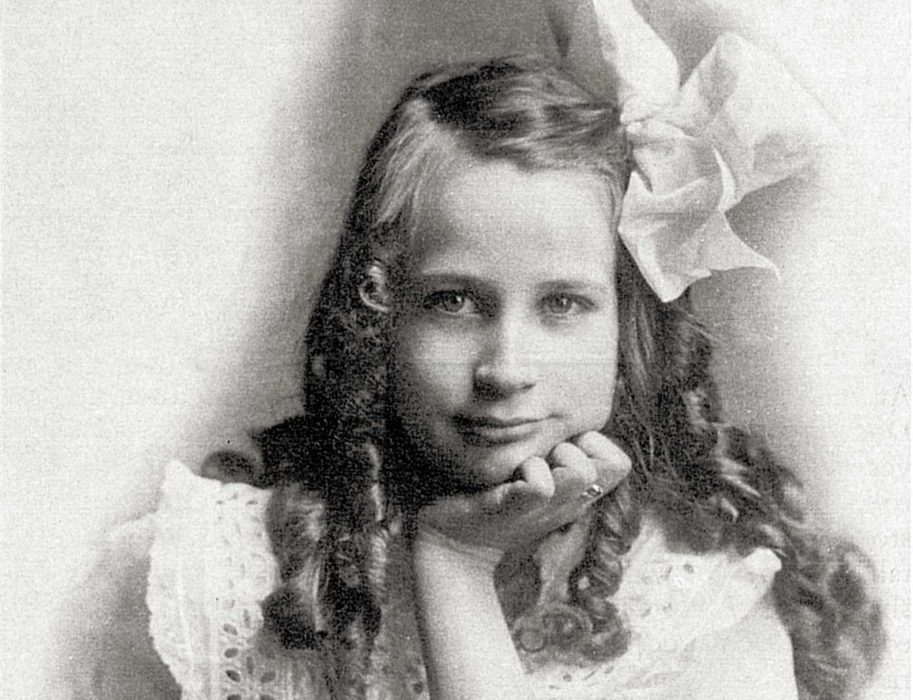I RECENTLY READ A statement, attributed to Sigmund Freud, that the period of adolescence is a “temporary mental illness.” At best, our culture, and especially our media, considers adolescence as a time of fun and frivolity. We rarely see youth as capable of contributing meaningfully to society.
‘Abdu’l-Bahá thought otherwise. During his time in the United States and Canada, he spoke frequently about the need to look beyond outer appearances, advice we should surely apply to our perceptions of young people.
When ‘Abdu’l-Bahá visited New York in 1912, he encountered a unique thirteen-year-old named Dorothy King Beecher (later Dorothy Baker). Dorothy’s grandmother took her to hear ‘Abdu’l-Bahá speak. She was not looking forward to it. She spent the duration of the trip staring at the floor of the carriage. “What if he looks at me?” she later recalled thinking. “If he speaks to me I will die!” When she arrived, ‘Abdu’l-Bahá motioned for her to sit on a footstool beside him. Without looking up at him, she sat on the stool; her eyes fixed on her little black shoes.
It may have seemed as if Dorothy was disengaged, but this proved to be far from the truth. Dorothy later recalled that once ‘Abdu’l-Bahá began speaking, she felt an “intense, overpowering urge for the harmony of united love. . .” By the end of the talk, she found herself facing ‘Abdu’l-Bahá, “elbows on her knees, chin in hands, unwilling and unable to remove her gaze from his face.”
‘Abdu’l-Bahá wrote often about the potential of children and youth. He commented that the period of youth “stands out as the choicest time of human life.” He told young people to be distinguished for their “loftiness of purpose,” “determination, noble mindedness,” and “tenacity.” He believed that from the youngest age, all of us are capable of developing our intellectual and spiritual capabilities, and effecting a positive change in our communities.
After meeting ‘Abdu’l-Bahá, Dorothy wrote him a letter expressing her wish to follow his path of service to humanity. He replied: “My hope is this: that you succeed in your desire.”
Years later, the shy girl who had seemingly just stared at her shoes, traveled throughout the continents of Africa, Asia, Europe, and North and South America, speaking to hundreds and thousands of people from all backgrounds about the Bahá’í teachings of unity and service. She was appointed to the Race Unity committee of America, a committee designed to support and assist in organizing race unity events across the country. She was later elected to the national governing body of the Bahá’ís of the United States, acting as its first female chairperson.
Dorothy Baker never forgot her meeting with ‘Abdu’l-Bahá in New York in 1912. “In that hour,” she later wrote, “all fear was replaced by a passion for all people.”






